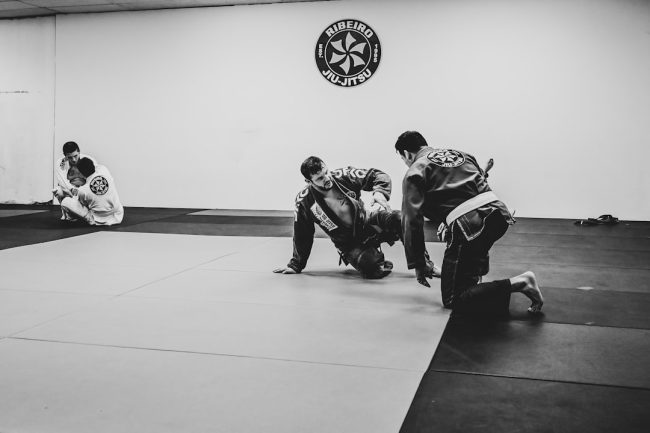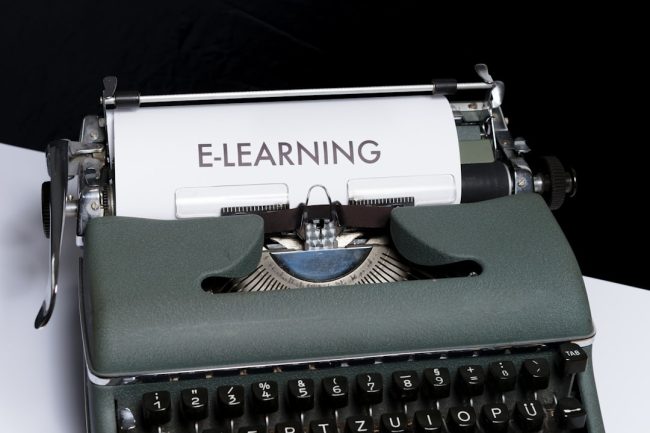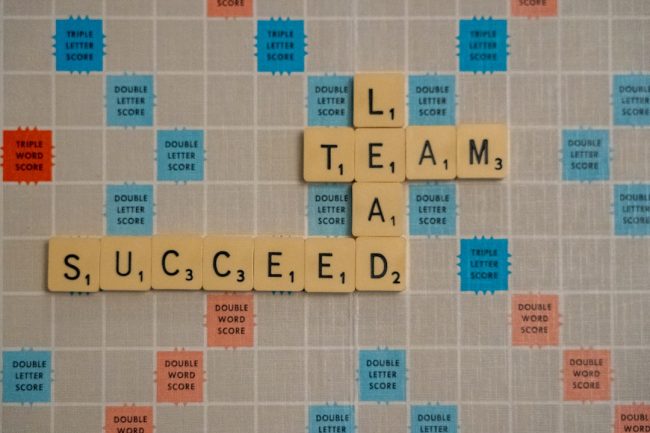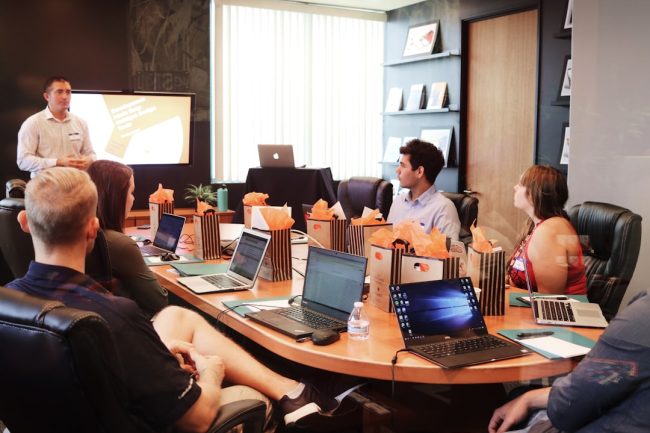The idea of serious games has become very popular in a number of domains in recent years, especially in professional development & education. Serious games are made to promote skill development & accomplish particular learning objectives in addition to being entertaining. They create an interactive setting where players can learn by doing, fusing the entertaining aspects of traditional gaming with educational goals. We discover that serious games provide a distinctive method of training and development, particularly in the areas of teamwork and leadership.
Serious games have become more popular as experiential learning is becoming more widely acknowledged as a potent instrument for both professional and personal development. In contrast to traditional training techniques, which frequently involve lectures or passive learning, serious games put players in situations that closely resemble difficulties they might face in real life. By allowing us to actively interact with the content, this immersive experience increases its impact & memorability. We will discover how serious games can improve teamwork and leadership development in organizations as we examine their advantages. Leadership nuances and experiential learning.
We can comprehend the subtleties of leadership, like the significance of flexibility, emotional intelligence, and effective communication, thanks to this experiential learning approach. Using challenges to hone leadership abilities. We can hone our leadership abilities in a way that conventional training approaches frequently fall short of by taking on tasks that call for quick thinking and strategic planning. Also, serious games help players become more self-aware. While playing the game and getting feedback. We can consider our leadership strengths and shortcomings as we play because we get instant feedback on our choices and actions.
For personal development, this introspective process is essential because it pushes us to pinpoint our areas of weakness and cultivate a more genuine leadership style. Through the use of serious games to develop self-awareness, we can improve as leaders & inspire and motivate our teams. Serious games provide a dynamic platform for improving interpersonal relationships and encouraging teamwork when it comes to team collaboration. These games encourage cooperation and communication among team members by frequently requiring players to cooperate in order to accomplish shared objectives. Through the game’s challenges, we discover how to play to each other’s strengths, exchange ideas, & build a sense of camaraderie that can lead to better teamwork at work.
Also, serious games encourage creative problem-solving and innovation within teams. These games foster our collective creativity by posing novel problems that call for unconventional thinking. Together, we generate ideas for solutions, fostering an atmosphere that values different viewpoints and improves teamwork. In addition to improving our capacity to collaborate, this collaborative spirit encourages a continuous improvement culture within our companies.
A number of serious games have been created especially to improve leadership abilities and competencies. One prominent example is “The Leadership Challenge,” which puts players in situations where they must make important choices in the role of leaders. Participants learn about the five practices of exemplary leadership through a variety of challenges: setting an example, motivating a common goal, questioning the status quo, empowering others to take action, and inspiring the heart. In addition to reinforcing fundamental leadership concepts, this game offers a forum for introspection and personal development.
Another striking example is the city-building simulation game “SimCity,” which asks players to strategically choose how to allocate resources, plan their cities, and interact with the community. Effective leadership requires the development of critical thinking, strategic planning, & stakeholder management skills, all of which we acquire as we negotiate the challenges of city management. We can learn a lot about the complexities of leadership in a changing environment by interacting with these scenarios.
A number of serious games are notable for their capacity to promote communication & teamwork in the context of team collaboration. One such game is “Escape Room,” in which groups of players must cooperate to finish tasks and solve puzzles within a predetermined amount of time. Because every team member contributes special talents and viewpoints, this game places a strong emphasis on cooperation. The time constraint’s urgency fosters teamwork even more because it requires effective communication for participants to accomplish their shared objective. Another great illustration is “The Marshmallow Challenge,” a practical exercise that challenges groups to construct the tallest freestanding structure out of spaghetti sticks, tape, string, and a marshmallow. The value of teamwork, creativity, and iterative problem-solving is emphasized in this game.
We gain important knowledge about team dynamics and the value of accepting failure as a necessary component of learning as we work through this challenge. Gaining Experience in Making Decisions. We develop our ability to carefully weigh our options, think through possible outcomes, and make wise decisions under duress as we overcome these obstacles.
This method of experiential learning gives us the skills we need to confidently handle problems in the real world. cultivating an attitude of growth. In addition, when it comes to making decisions, serious games help us embrace a growth mindset.
Players can frequently try out various strategies and grow from their errors without fear of severe repercussions. developing flexibility and resilience. Effective decision-makers possess resilience and adaptability, which are fostered by this trial-and-error process. By accepting failure as a chance for improvement, we improve our ability to make wise choices under pressure.
Serious games are a great way to practice effective communication, which is essential for both teamwork and effective leadership. Players must be able to express themselves clearly and work with others to accomplish shared goals in a lot of serious games. We improve our ability to communicate ideas clearly and actively listen to our teammates as we play games that prioritize communication.
Also, role-playing aspects of serious games frequently let us practice various communication styles in a variety of settings. For example, we might assume the position of a leader who has to engage in negotiations with stakeholders or offer challenging criticism. We have excellent chances to hone our communication skills and modify our strategy in response to the demands of the audience in these situations. By using serious games to improve our communication skills, we can become better team players and leaders. Organizations must implement serious games strategically if they want to fully realize their potential for teamwork and leadership development.
Finding specific learning objectives that complement organizational goals is crucial, first and foremost. We can choose suitable games that satisfy our goals by outlining exactly what we want to accomplish with serious games, such as strengthening team dynamics or developing leadership abilities. Organizations should also establish a setting that promotes involvement and interaction with serious games.
This could entail offering workshops or training sessions that introduce staff members to the idea of serious games and their advantages. Serious games can be accepted as useful development tools if we cultivate a culture that values creativity and hands-on learning. Lastly, it is critical to continuously assess how well serious games work to achieve desired results.
Getting participant feedback can help identify what was successful and what could be improved for subsequent implementations. Companies can improve their strategy and optimize the advantages of this cutting-edge training technique by routinely evaluating the effect of serious games on teamwork and leadership development. To sum up, serious games are an effective way to improve teamwork & leadership development in businesses. These games help us develop critical abilities like decision-making, communication, and teamwork by offering immersive experiences that encourage experiential learning. We can open up new possibilities for our organizations’ success and growth as we investigate the potential of serious games in professional development.













